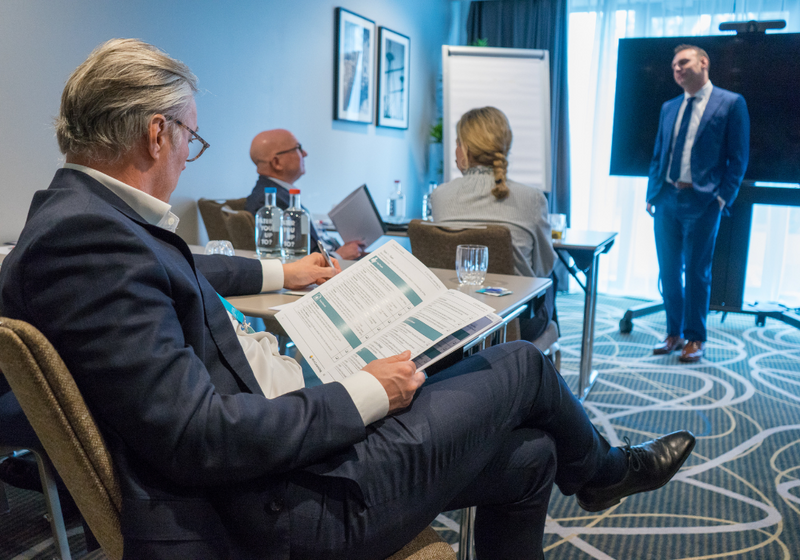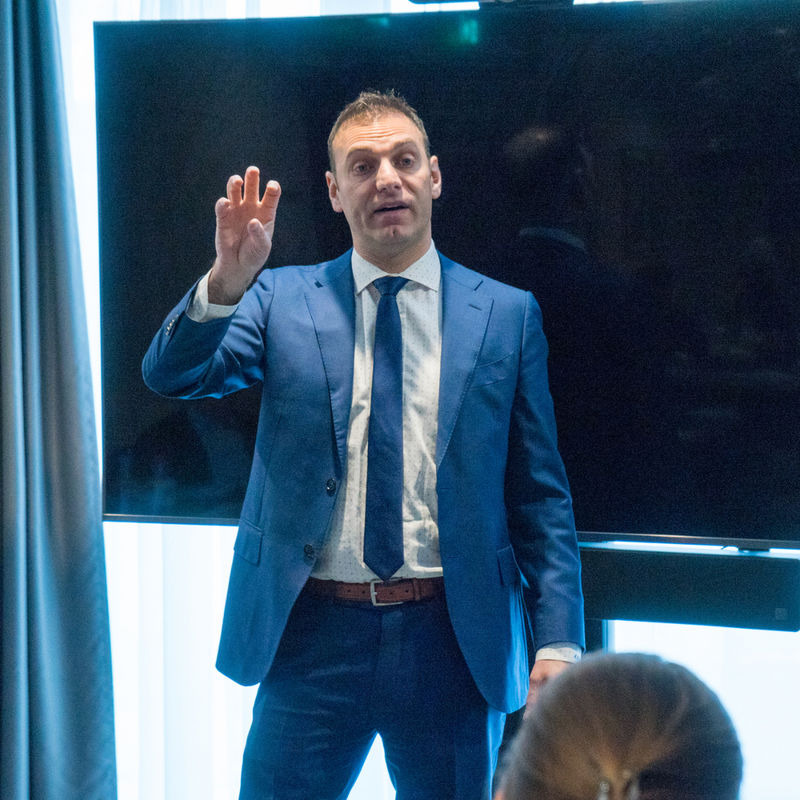We're just a few weeks away from the 0100 Conference DACH, our inaugural event of 2024 that will bring together LPs and GPs looking to make their mark in the DACH Region or attract investments from these countries. As we prepare to host over 350 industry decision-makers, we're excited to share the fourth installment of our insightful conversations with the esteemed Steve Balaban, CFA, investor, advisor, and Chief Investment Officer of Mink Capital. Steve will be leading the Family Offices workshop at the event.
With a wealth of experience advising family offices globally, from Europe and Asia to North America, Steve sheds light on the intriguing question of whether there are variations in the behavior of these investors based on their geographical location.

"Last year, we conducted presentations across Europe – Luxembourg, Germany, Amsterdam – as well as in Asia: India, Singapore, and Indonesia. We've also covered extensive ground in North America. While there are some commonalities, cultural differences play a significant role," Steve explains, highlighting risk and trust as two major cultural distinctions.
"Some cultures take longer to establish trust than others. There are also nuances specific to different parts of the world," he adds, citing the example of Singapore, where the government has incentivized family offices to relocate from Hong Kong. "Over the last five years, there has been a substantial shift of family offices from Hong Kong to Singapore. Many of these families are divesting in their Chinese assets and diversifying into private equity in Europe and North America."
Turning to Europe, Steve emphasizes the uniqueness of each country. “In Germany, you have a lot of the Mittelstand companies, which are these big family companies, that might be giving capital to their kids to invest in private equity in North America, which I've seen before”, he said and mentioned that this investor profile is not commonly seen in Luxembourg or any other European country.
What about North America? Steve notes more similarities in the cultural approach between the US and Canada. "Anecdotally, families in North America tend to have a slightly higher risk appetite, especially compared to Asia."

The devil is on IRR
Delving into the intricacies of private equity, Steve points out a key cultural difference related to Internal Rate of Return (IRR). "Families I've worked with in Asia are generally more cautious, particularly about private equity, and express concerns about trustworthiness." He attributes this to the IRR metric, a crucial measure in private equity, which can be misunderstood by those new to the field.
“It's like a game. If you don't know how the game is played, it seems unfair. One problem around IRR is that almost never matches the return in the client's portfolio for many different reasons, especially because of the nature of the committed capital in private equity. But most people who are new to private equity don't understand it”, Balaban carefully explained.
“Many families in Asia view it as something dishonest in the private equity industry, potentially leading them to avoid funds altogether. This points to a different approach to the industry. Increasing transparency and education worldwide would undoubtedly benefit the industry as a whole."
Do not miss out on Steve Balaban’s Family Office Workshop in Vienna, to learn how to evaluate/invest in PE and VC funds in North America, Europe, and Asia, as well as touch on direct investing approaches.


